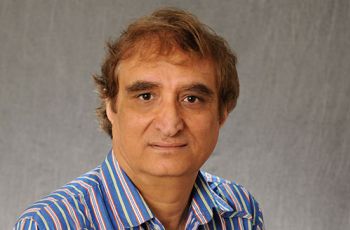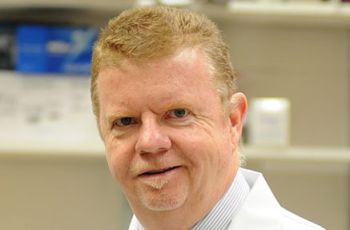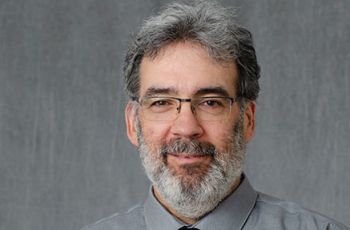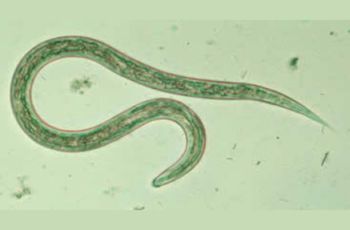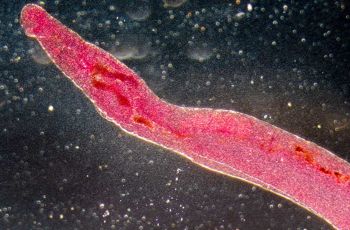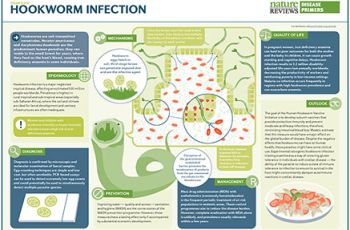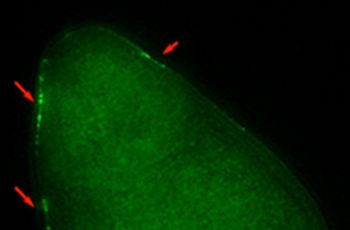Parasites
Imtiaz Khan, PhD, professor of microbiology, immunology, and tropical medicine at the George Washington University School of Medicine and Health Sciences, recently received a $2.9 million grant from the National Institute of Allergy and Infectious Diseases at the National Institutes of Health to…
For the first time, researchers at the GW School of Medicine and Health Sciences have successfully used the gene-editing tool CRISPR/Cas9 to limit the impact of parasitic worms responsible for schistosomiasis and for liver fluke infection, which can cause a diverse spectrum of human disease…
Paul Brindley, PhD, has received more than $1.7 million from the National Cancer Institute at the National Institutes of Health to investigate the cellular and molecular links between liver fluke infection and bile duct cancer.
Jeffrey M. Bethony, PhD, professor of microbiology, immunology, and tropical medicine, and David Diemert, MD, associate professor of medicine, published an article in Trends in Parasitology on lessons learned while creating hookworm and schistosomiasis vaccine candidates.
Mathilde "Matty" Knight, PhD, adjunct professor of microbiology, immunology, and tropical medicine at GW School of Medicine and Health Sciences was on the research team that found a genome in the Biomphalaria snail that may explain why the snail is a prime transmitter for the parasite, Schistosoma…
John Hawdon, PhD, associate professor of microbiology, immunology, and tropical medicine, spoke to Popular Science for an article about weather hazards and dangerous parasites to consider in the different regions of the United States.
David Diemert, MD, associate professor, and Jeffrey Bethony, PHD, professor, both in the Department of Microbiology, Immunology, and Tropical Medicine, received a $3 million UOI grant from the National Institutes of Health to test the efficacy of a candidate recombinant hookworm vaccine.
Researchers at GW's School of Medicine and Health Sciences investigate how to manipulate the genes of the schistosome parasite to disrupt its ability to survive and infect people.
Jeffrey M. Bethony, Ph.D., professor, and David Diemert, M.D., associate professor, both in the Department of Microbiology, Immunology, and Tropical Medicine, served as co-authors on a review on hookworm infection published in Nature Reviews: Disease Primers.
Research by Sutas Suttiprapa, Ph.D., Paul Brindley, Ph.D., and others in the Department of Microbiology, Immunology, and Tropical Medicine found a modified form of the HIV-1 virus can integrate into the genome of the parasitic flatworm that causes the disease schistosomiasis. The research was…
